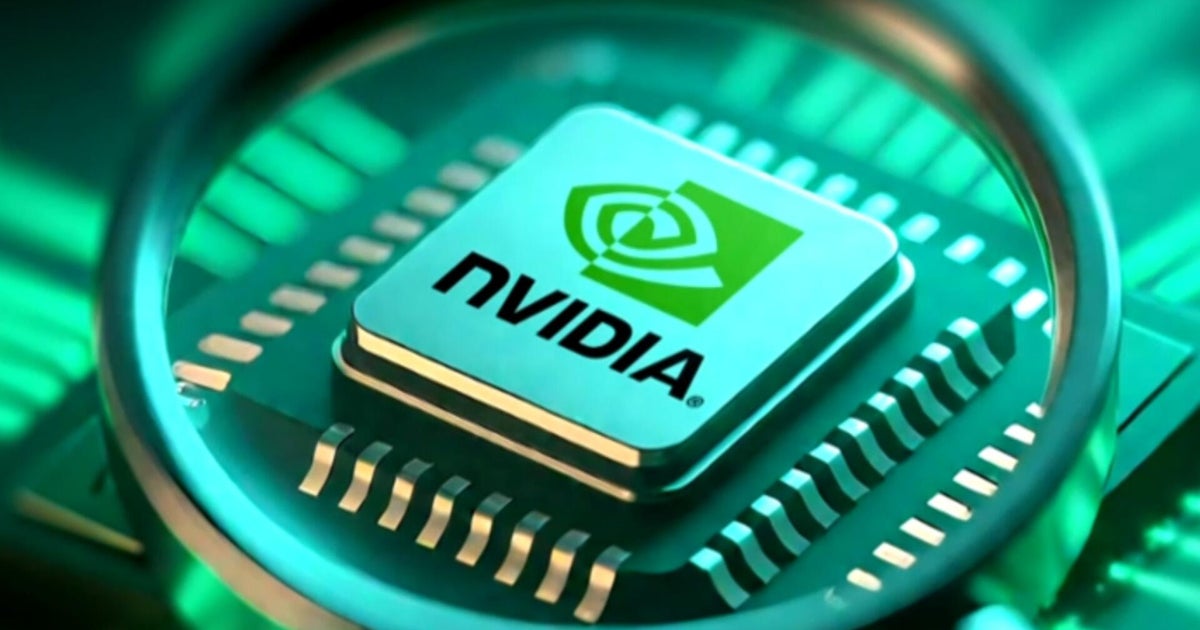Nvidia Reaches $5 Trillion Valuation
Nvidia on Wednesday became the first publicly traded company to be valued at $5 trillion, reflecting investor confidence in the growth of artificial intelligence. Shares of Nvidia rose $9.08, or 4.5%, to $210.11 in early morning trading, pushing the company’s market capitalization to $5.1 trillion.
Growth and Demand
The company crossed the new threshold less than four months after reaching a market value of $4 trillion in July. The Santa Clara, California-based company is benefiting from growing demand for its graphics processing units, or GPUs, used in both AI applications and video games. Its shares have risen 51% this year as the company plans to launch new products such as an updated quantum computing platform, as well as partnerships with companies including leading AI companies.
Industry Impact
"Nvidia’s chips remain the world’s new oil or gold for the technology ecosystem, as there is only one chip in the world that is powering this AI revolution… and it is Nvidia," according to an analyst. Achieving the new market benchmark underscores the disruption caused by AI, a development widely seen as the biggest technological shift since the introduction of the first iPhone 18 years ago.
Concerns of a Potential AI Bubble
However, some on Wall Street are raising concerns about a potential AI bubble. Officials warned earlier this month of the growing risk that tech stock prices driven higher by the AI boom could collapse. The rise in AI-related stocks has boosted the stock market overall, with the S&P 500 hitting a record high.
Market Analysis
“The rally led by technology stocks riding the wave of artificial intelligence has led many market watchers to question whether the stock market is in a bubble and whether a crash could be imminent,” according to a chief equity strategist. However, he added that some differences make the comparison less accurate, including the fact that companies making AI investments today have plenty of cash on hand and strong business models generate "massive cash flow."

